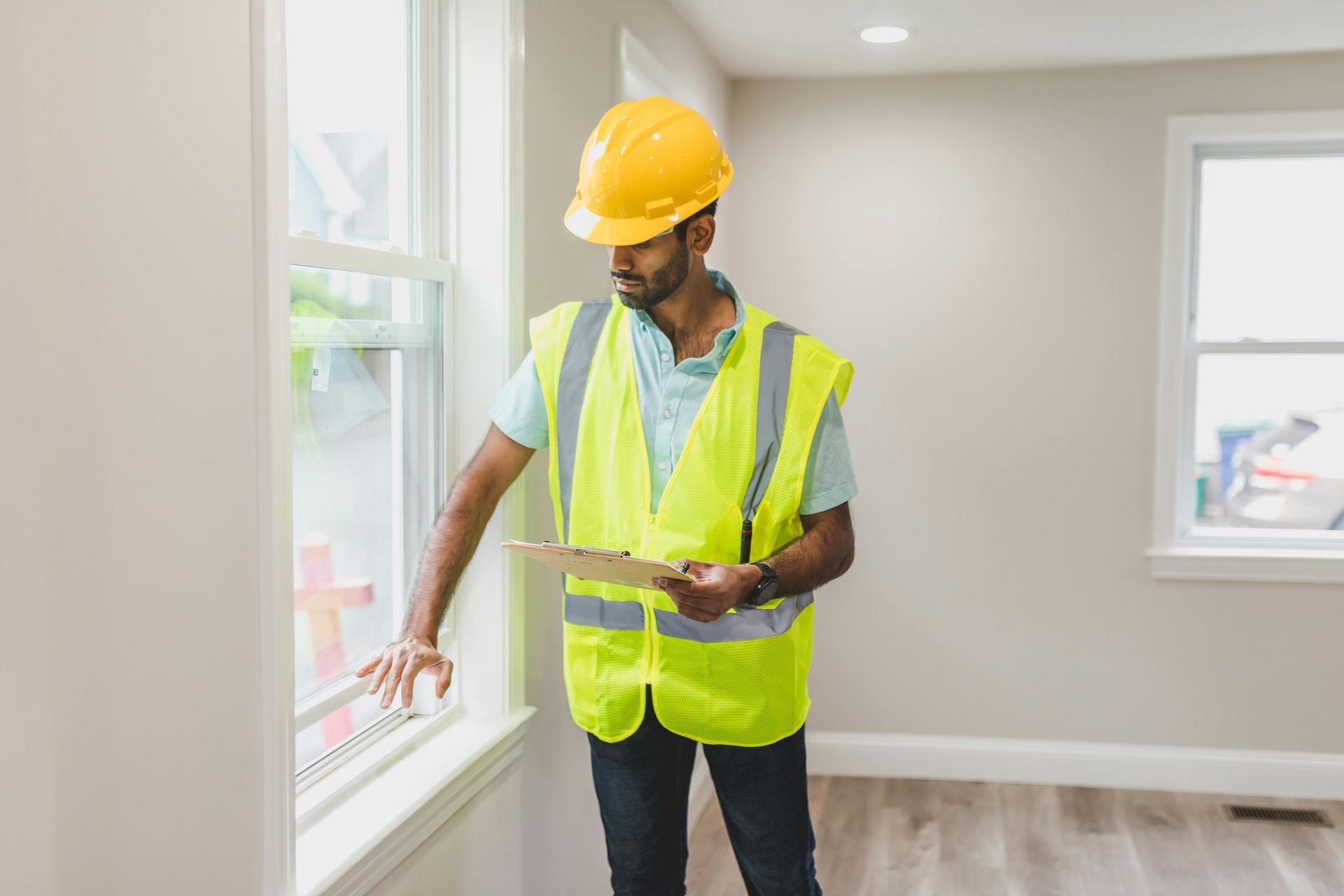Making Moves with Mandee
What Buyers and Sellers Need to Know About the Inspection Process

Making Moves with Mandee: The Ultimate Guide to Navigating Home Inspections in Colorado
The home inspection is one of the most important, and sometimes nerve-wracking steps in any Colorado real estate transaction. Whether you’re buying your dream home or preparing to sell, understanding the inspection process can make or break your deal. Here’s everything you need to know to approach home inspections with confidence and success!
1. Why Home Inspections Matter
Inspections provide buyers with a clear picture of a property’s condition, uncovering potential issues before closing. For sellers, addressing problems ahead of time can smooth negotiations and speed up the sale.
2. Common Issues Found in Colorado Homes
From roof wear and foundation cracks to outdated HVACs and moisture intrusion in basements, our climate creates unique challenges. Wildfire risk assessments, radon testing, and drainage around the foundation are especially important in Colorado.
3. What’s Included in a Typical Colorado Home Inspection
Expect a top-to-bottom assessment: roof, foundation, electrical, plumbing, heating and cooling, attic, insulation, appliances, and more. Many buyers opt for additional checks, think radon, sewer scopes, or pest inspections, based on property age and location.
4. How Buyers Can Prepare
- Attend the inspection if possible, you’ll gain valuable knowledge about your new home.
- Ask your agent to recommend a reputable, licensed inspector with experience in Colorado’s unique housing stock.
- Review the report in detail and ask about the severity of each issue.
5. How Sellers Can Prepare
- Handle obvious repairs before listing, fix leaky faucets, sticky windows, or minor roof issues to prevent “red flags.”
- Provide invoices or documentation for recent upgrades or fixes.
- Keep the house clean and accessible for the inspection day.
6. What to Do With the Findings
Negotiations often follow an inspection. Buyers may request repairs, closing credits, or a lower price; sellers can agree, counter, or offer warranties. In Colorado’s market, solutions often depend on demand and property type.
7. Specialty Inspections to Consider
For mountain and rural properties, consider well and septic inspections, mold checks, and detailed roof assessments. City homes may benefit from sewer line or electrical upgrades given older infrastructure.
8. Using Inspections to Your Advantage
A clean report can speed up your sale and increase your home’s value. For buyers, inspections offer negotiation leverage and peace of mind before you commit.
9. Stay Ahead of Surprises
Regular maintenance, seasonal checkups, and pre-listing inspections will catch small problems before they become deal-breakers.
10. Your Inspection Checklist
- Hire a local expert
- Review all major systems
- Don’t skip radon or sewer checks
- Keep records and photos
- Ask questions: knowledge is power!
Conclusion:
Whether you’re buying or selling, mastering the home inspection process in Colorado makes your move smoother, smarter, and more successful. Ready for your next step? Reach out, I'm here to guide you through every detail, from listing to inspection to keys in your hand!



